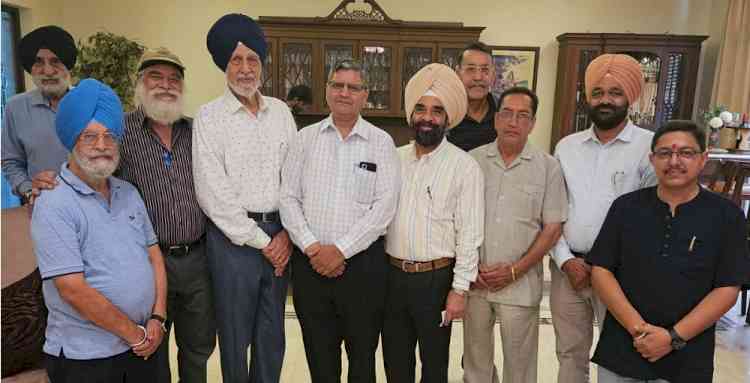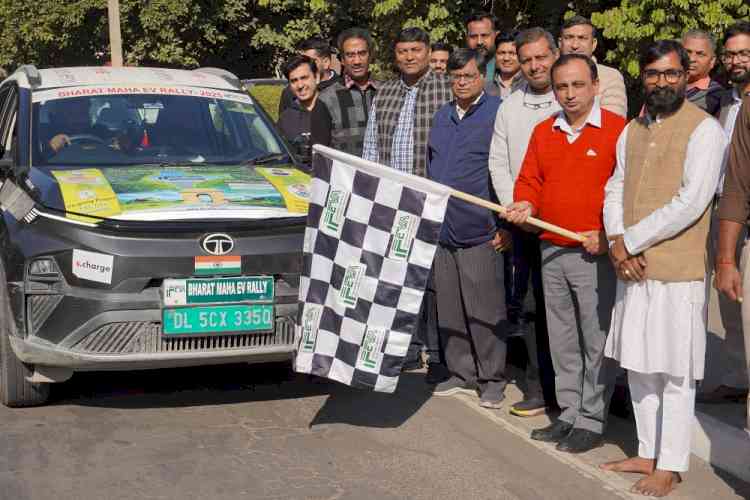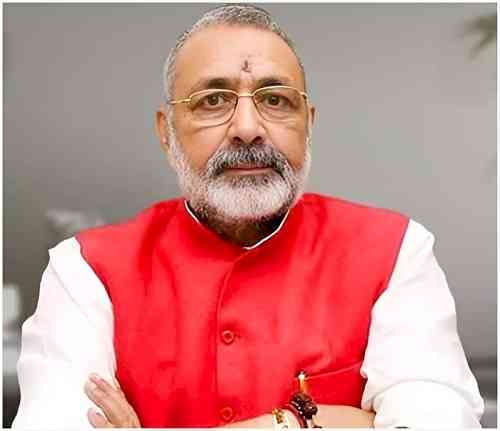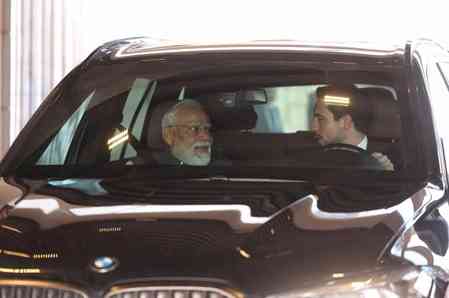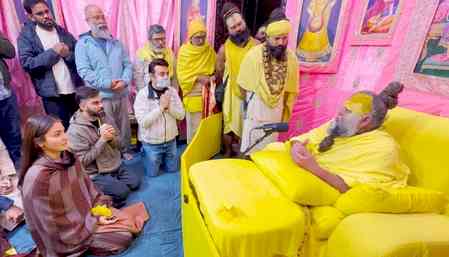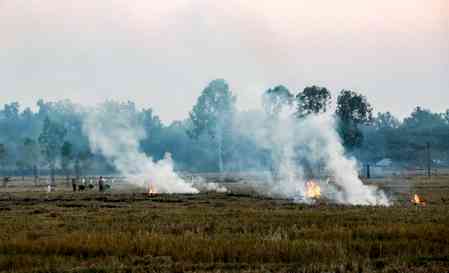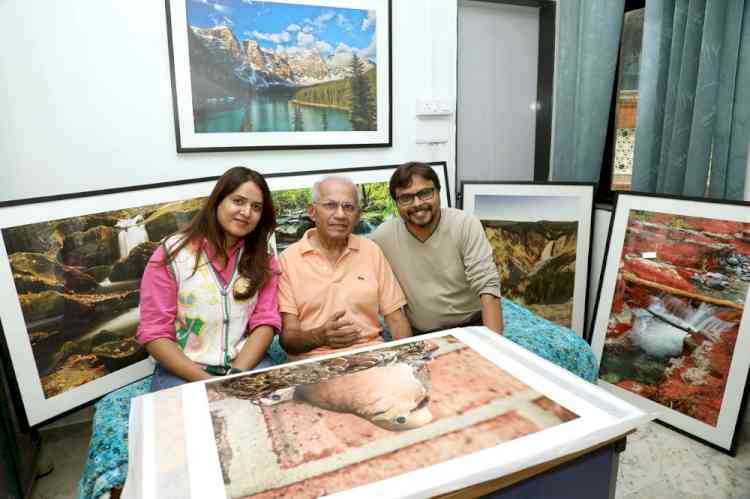Dr. J.S. Sehrawat all set to represent India at 30th Annual Scientific Meeting/Conference of EAA
Dr. J.S. Sehrawat, Chairperson and Faculty, Department of Anthropology, Panjab University, Chandigarh, a distinguished researcher/scholar in the field of forensic anthropology, is all set to represent India at the 30th Annual Scientific Meeting/Conference of European Association of Archaeology (EAA) to be held at Sapienza University, Rome (Italy) from August 28thto 1st September.
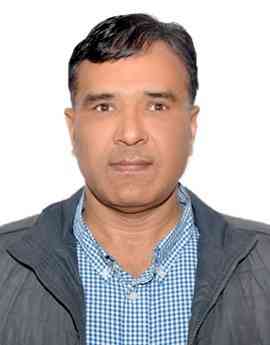
Chandigarh, August 25, 2024: Dr. J.S. Sehrawat, Chairperson and Faculty, Department of Anthropology, Panjab University, Chandigarh, a distinguished researcher/scholar in the field of forensic anthropology, is all set to represent India at the 30th Annual Scientific Meeting/Conference of European Association of Archaeology (EAA) to be held at Sapienza University, Rome (Italy) from August 28thto 1st September. He has been invited to deliver lectures about the significant contributions of forensic archaeological methods and techniques used by him for identification strategies of Ajnala skeletal remains.
It may be recalled that Dr. Sehrawat is the principal investigator for the biological profiling of thousands of unknown human remains excavated from an abandoned well at Ajnala (Amritsar, India) and is the sole scientific overseer of these remains This international conference is a significant event that gathers leading forensic archaeologists, researchers, and academics from around the world to discuss the latest advancements and findings in the field. Dr. Sehrawat, has made notable contributions to the field offorensic archaeology and bioarchaeology aimed at bio-profiling of unknown human skeletal remains His participation in the EAA Conference underscores his commitment to advancing archaeological research and fostering international collaborations.
In his first lecture, Dr. Sehrawat will deliberate his latest research on the topic “Unravelling human identities through stable isotopes: exemplified from identification of Ajnala skeletal remains of 1857” which explores the use of stable isotope analyses in estimating the geolocality, mobility routes, dietary and nutritional status, occupational affinity etc., of Ajnala human remains to trace out their past geographical life trajectory. His work has been recognized for its innovative approach and its potential to provide new insights into forensic anthropological and related research areas. He highlighted that how abundances of stable isotopes of carbon, nitrogen, oxygen and strontium helped them to conclude that victims buried in Ajnala well were not local and belonged to Indo-Gangatic plain of eastern UP, Bengal, Bihar, Orissa and some north eastern states. In his second presentation, Dr. Sehrawat will discuss the current status of stable isotope research in forensic archaeological casework in India and a way forward.
Dr. Sehrawat said “We are what we eat and drink”, and it is this fact that makes the stable isotopes get incorporated and fractionalized in human hard tissues and used by forensic anthropologists in reconstructing life histories and provenance of unknown human remains” Dr. Sehrawat emphasized that pace of stable isotopes research has not gained momentum in India and there is a huge scope for use of such chemical analyses of unknown human remains retrieved from forensic archaeological contexts in India.
“I am honoured to be invited as part of such a prestigious gathering of experts in the field of archaeology in Rome," said Dr. Sehrawat. "This conference provides an invaluable platform to share knowledge, exchange ideas, and collaborate with colleagues from across the globe."
The EAA Conference is one of the largest annual gatherings in the archaeological community, offering a platform for professionals to discuss recent discoveries, methodologies, and the future of archaeology. Dr. Sehrawat's participation highlights the growing importance of Indian scientists on the global scientific platforms.


 City Air News
City Air News 

